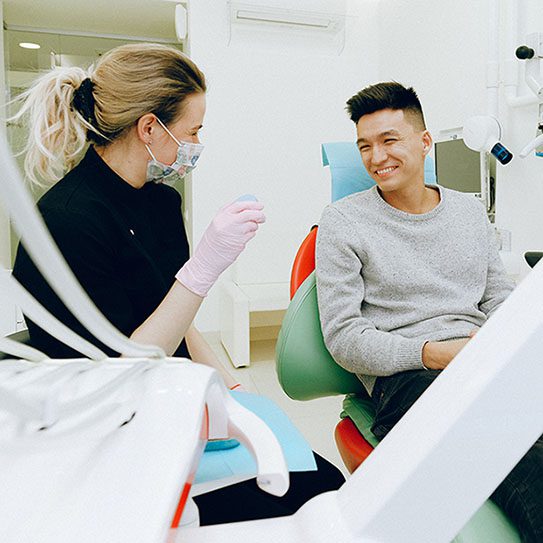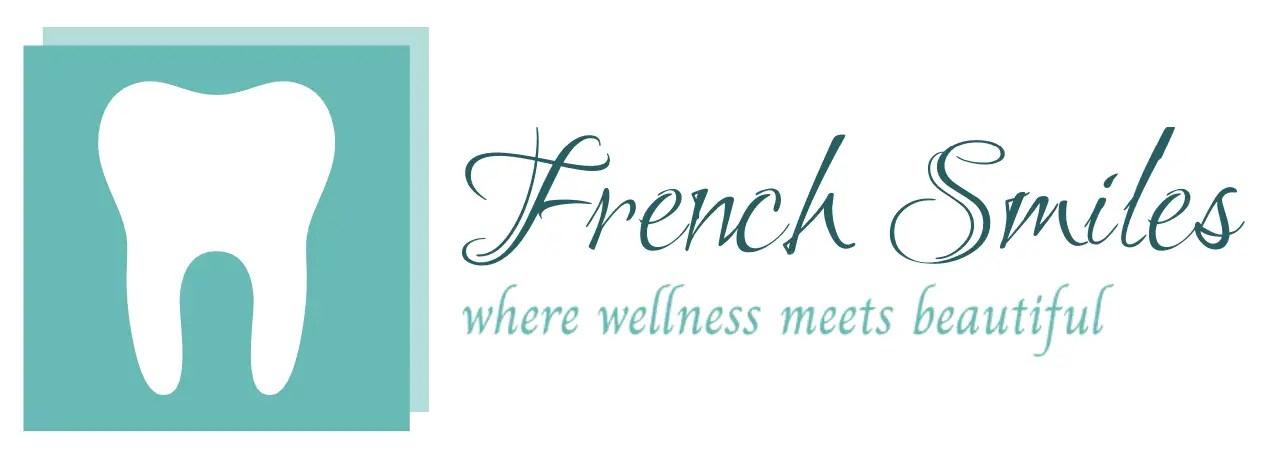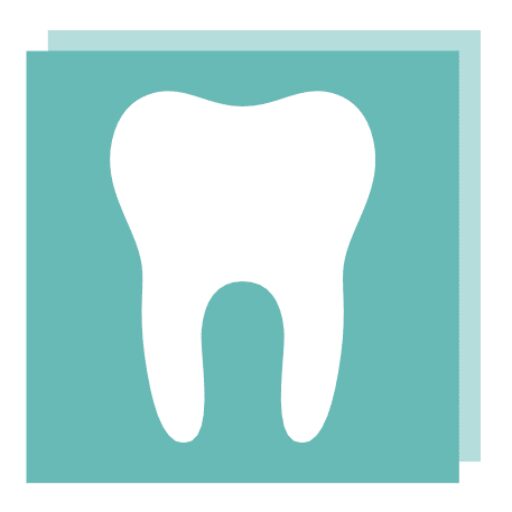
Tooth extractions are often viewed as a last resort in dental treatment. The goal of every good dentist is to preserve natural teeth whenever possible. However, there are several situations where tooth extractions become necessary to maintain or improve the overall health of your mouth. This blog post explores various scenarios where a dentist might recommend tooth extractions, ensuring that patients understand when and why this procedure could be the best solution.
Overcrowding
Tooth extractions may be recommended to resolve overcrowding in the mouth. When there isn’t enough space for all your teeth to fit naturally, teeth can become misaligned. This misalignment can cause difficulties in biting, chewing, and cleaning, which might lead to further oral health issues. In such cases, removing one or more teeth can provide the necessary space for the remaining teeth to be properly aligned, either naturally or through orthodontic treatment.
Infection and Risk of Infection
If tooth decay or damage extends to the pulp — the center of the tooth containing nerves and blood vessels — bacteria in the mouth can enter the pulp, leading to infection. Often, this can be corrected with root canal therapy, but if the infection is too severe and antibiotics or a root canal does not resolve it, extraction may be necessary to prevent the spread of the infection. Additionally, patients who have compromised immune systems and are at a higher risk of infection may need tooth extractions as a preventative measure.
Periodontal Disease
Periodontal (gum) disease can cause the loosening of teeth by damaging the soft tissue and the bones that support teeth. In advanced stages, where the gums have severely receded and the teeth have lost significant support, tooth extractions may be required. Removing these teeth can also halt the progression of the disease and help maintain the health of the remaining gums and teeth.
Impacted Teeth
An impacted tooth is one that has been blocked from breaking through the gum line, often stuck against another tooth, bone, or soft tissue. Wisdom teeth commonly become impacted, which can lead to pain, swelling, and infection of the surrounding gum tissue. Tooth extractions of impacted teeth are performed to alleviate pain and prevent potential complications, such as damage to adjacent teeth and the development of cysts.
Aftermath of an Accident
Accidents can lead to severe dental trauma, including cracked, shattered, or completely knocked-out teeth. When a tooth is extensively damaged and cannot be saved, tooth extractions might be necessary. Removing such teeth can also pave the way for restorative procedures, such as dental implants or bridges, which can restore functionality and aesthetics to the damaged area.
Preparation for Orthodontic Work
Orthodontics aims to correct misaligned teeth and jaws, and sometimes, removing one or a few teeth can provide the necessary space for other teeth to move into their correct positions. Tooth extractions for orthodontic purposes are considered when the overall outcome of the orthodontic treatment will be improved by creating more space.
Decayed Teeth Beyond Repair
Sometimes teeth become so decayed that fillings, crowns, or other restorative methods cannot repair them. In such instances, extracting these teeth can be the most effective way to prevent the spread of decay and alleviate pain. Following the extractions, dentists can discuss replacement options that will help restore function and help maintain the structure of the mouth.
Considering Tooth Extractions
If you’re facing any of the situations described above, your dentist might recommend tooth extractions as a part of your treatment plan. It’s important to discuss all available options with your dentist, understand the reasons behind the recommended tooth extractions, and consider all possible alternatives.
Tooth extractions, while sometimes necessary, are performed with the utmost care and professionalism at French Smiles. Our experienced team ensures that all procedures are as comfortable and pain-free as possible, using the latest techniques and technologies. We also provide comprehensive post-extraction care instructions and follow-up appointments to ensure proper healing and discuss tooth replacement options if necessary.
We Prioritize Patient Comfort
Tooth extractions are a significant dental procedure, and understanding when they are necessary helps patients make informed decisions about their oral health. Whether it’s due to decay, disease, or injury, the goal is always to enhance and preserve the health of your mouth. If you believe you might need a tooth extraction, or just want to be prepared, consult with your dental professional at French Smiles in Snellville to receive personalized advice and treatment planning tailored to your specific needs.


